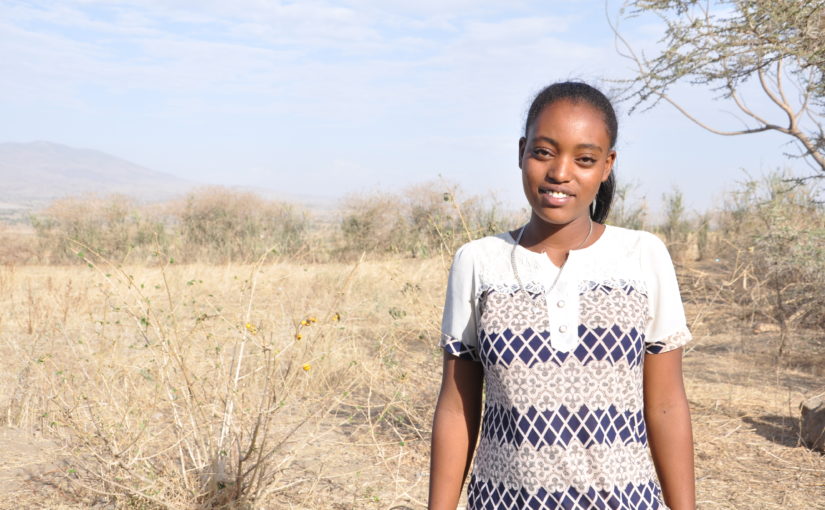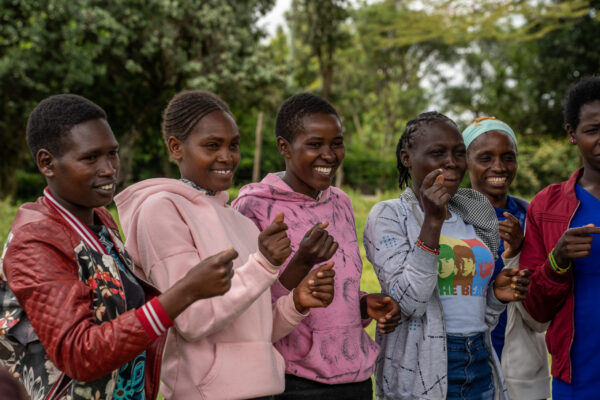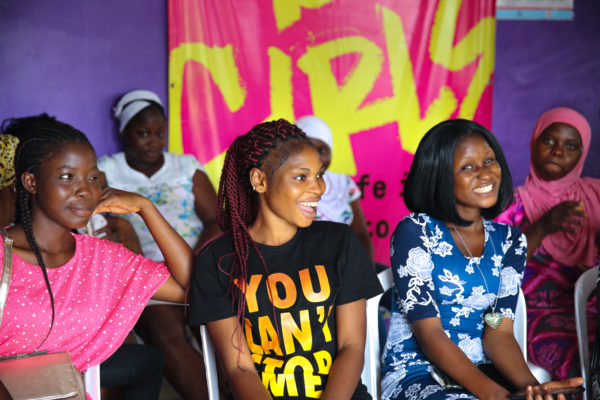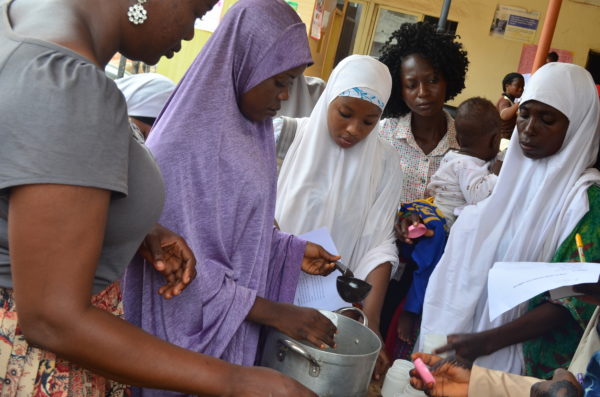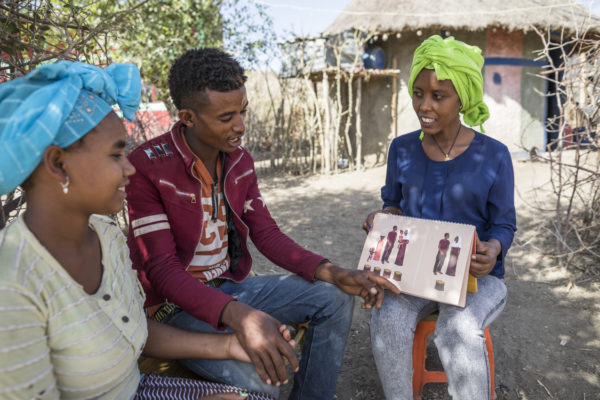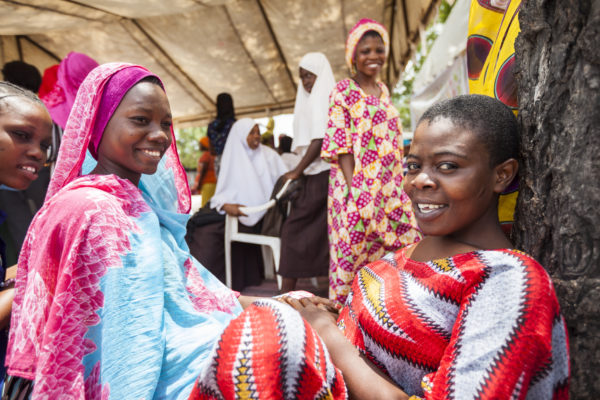By Callie Elmore, MaverickNext Fellow
For teenage Kamali**, what seemed like a simple decision meant big change.
The 18-year-old has been married for about five months. “We met in school,” Kamali said. “I was interested in getting married so when he asked, I accepted.”
It seemed pretty simple. Until it wasn’t.
Dropping out of school was the first big change. Both she and her husband, Daniel decided to leave school to focus on building their lives. The marriage also meant Kamali had to move away from her mother, father, and two younger siblings and live – as a married woman—with Daniel and his family.
Kamali’s family lives about a 30-minute walk away, so she sees them only about every two weeks.
Making a living in their rural village isn’t easy. Kamali’s husband spends his days farming the arid land and selling sand for construction. But this year, they were only able to harvest two sacks of grain. They want to have a child but providing for another mouth to feed will be a challenge for the young couple.
On a recent visit to her mother, Kamali got to tell her about a new decision that she and Daniel had made.
It all happened after a visit with a Smart Start navigator, who engaged the couple on financial planning. Developed by PSI’s flagship youth-powered sexual and reproductive health program Adolescents 360 (A360), Smart Start uses financial planning to engage Ethiopian rural girls aged 15-19 and their husbands in planning their futures, positioning contraception as a tool to achieve their goals for economic security and to have a family, whenever they are ready.
“What are your goals?” The navigator had asked. “What are your dreams, together, for your future? Let’s talk about how much a baby would cost.”
Kamali had Daniel listen intently as the navigator walked them through the importance of planning for the resources needed to raise a child.
After this visit, Kamali decided to begin a method of contraception. Her mother, who also uses contraception, was supportive of this decision. But Kamali’s in-laws were less supportive, at first.
They really wanted Kamali and Daniel to have a baby first – as is custom in the village—and with no child conceived after five months of marriage, the in-laws had started to worry.
It took Daniel and Kamali explaining that Smart Start was giving them a plan. They could use the money from selling sand to pay for their daily expenses and save the money gained from farming.
Kamali said that without Smart Start “parents don’t fulfill what the child requires. It impacts our country if they give birth without resources. It is a burden on our country.” Thanks to Smart Start, Kamali and Daniel along with many couples across Ethiopia have learned the importance of saving and having resources before having children.
This program is changing the country, one family at a time.
**Names changed to protect the subject’s identity.
Callie Elmore is a founding Fellow of MaverickNext, a philanthropy accelerator creating a movement of emerging global leaders who are engaged, inspired and changing themselves and the world through strategic investments. While her day job is as a product manager at Owens Corning, Callie plays an active role in her family foundation. She received her B.A. in Communications from Pepperdine University and her MBA from Indiana University.
To learn more about MaverickNext, please visit: http://maverickcollective.org/maverick-next/
Photography: © PSI/Benjamin Schilling

